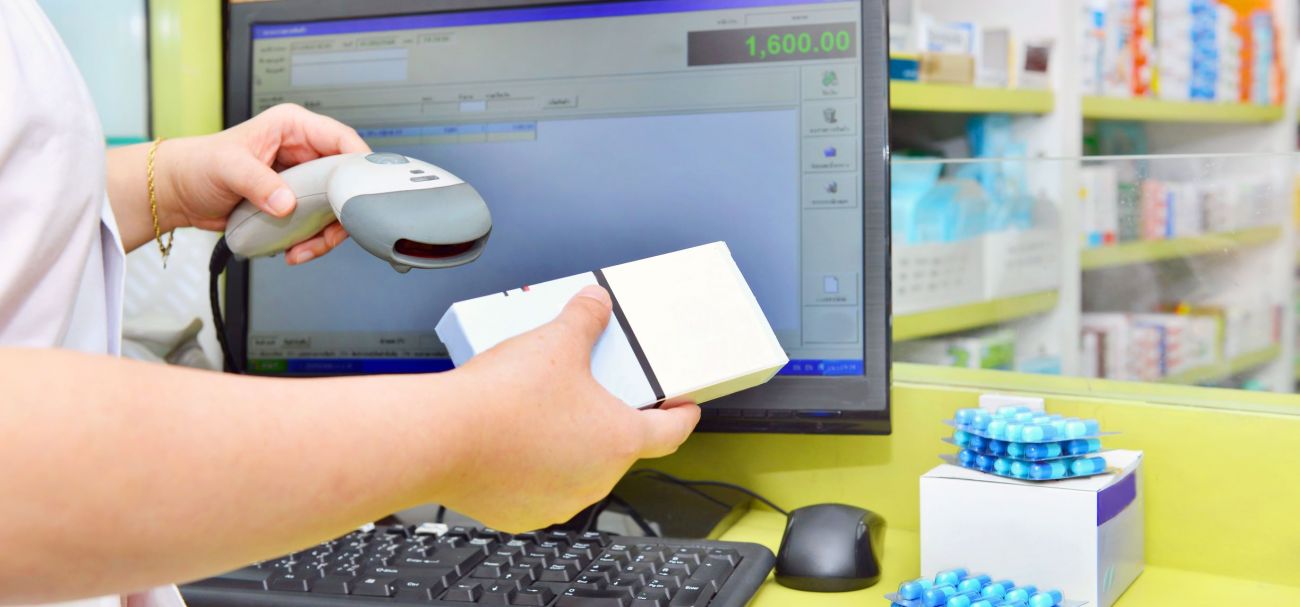
Falsified medicines
PGEU is committed to ensuring that European community pharmacists are at the forefront of the battle to prevent falsified medicines from entering the legal medicines supply chain.
The Directive introduces measures at EU level to fight medicines falsification. These measures include, among other things, obligatory safety features – a unique identifier and an anti-tampering device – on the outer packaging of medicines. The Delegated Regulation published on 9th of February 2016 detailed the characteristics of the safety features and how authenticity of medicines will be checked. It also recognized the EMVO supply chain stakeholders efforts for establishing, developing and implementing an end-to-end medicine verification system.
Community pharmacists have been working to support the realisation of the new European Medicine Verification System with the objective to consolidate the barriers that prevent the entry of falsified medicines. As of 9th February 2019, the medicine verification system went live across Europe.
With the new system, right before dispensing a medicine to the patient, the community pharmacist verifies the safety features on the medicine pack and decommission its unique identifier from the system. In this way, community pharmacists perform a final safety measure to ensure the end point verification of the medicine’s authenticity and continue to play a crucial role for the provision of safe medicines to patients in Europe.
Downloads
PGEU Statement on the potential use of the EMVS to monitor shortages
All Policies